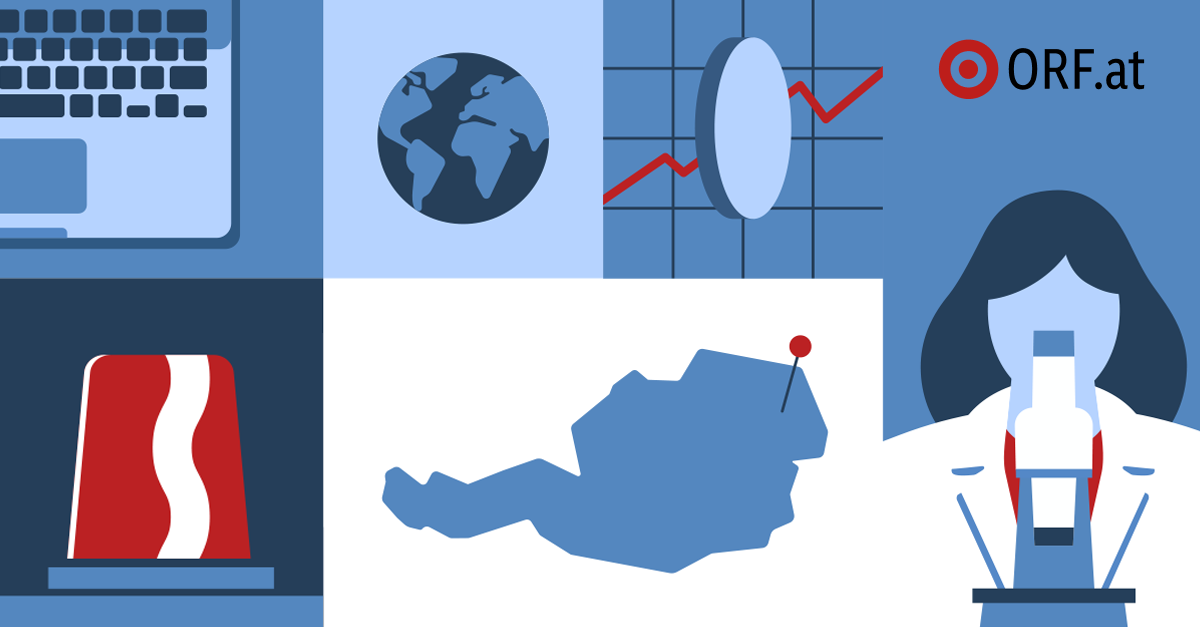While humanitarian organizations in the Gaza Strip speak of an imminent famine, the Israeli army presents the situation differently: “According to our assessment, which is based on our discussions with the UN and other humanitarian organizations, there is sufficient food in the Gaza Strip.” said Elad Goren of the responsible COGAT authority.
“We are also seeing improved access to water and food.” However, for more aid to reach Israel's isolated coastal zone, the UN and other aid organizations must “urgently” increase their own capabilities to receive and distribute aid.
On the same day, the head of the UN emergency relief office, OCHA, Martin Griffiths, described the situation in Gaza as increasingly dramatic. “Gaza has become a place of death and despair,” he said. “The last 12 weeks have been traumatic, especially for children,” said the UN emergency relief coordinator. “No food. No water. No school. Nothing but the terrible sounds of war, day after day.” The Gaza Strip has simply become “uninhabitable,” Griffith explained.
In contrast, the responsible representative of the Israeli COGAT authority said: “We have stabilized the humanitarian situation on the ground.” There is also a “stabilization of the medical system” in Gaza. At the same time, he rejected allegations that Israel was preventing the delivery of humanitarian aid. “We have not refused a single shipment of food, water, medicine or emergency shelter,” Goren said. “Israel has not and will not deny human assistance to the people of Gaza who do not belong to terror.”
The Gaza war was triggered by the horrific terrorist attack carried out by Islamist Hamas and other Palestinian extremist groups on October 7th. Israel responded with massive airstrikes and a ground offensive. According to the Hamas-controlled health authority, 22,600 people have been killed in Gaza since then.

